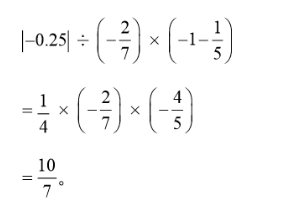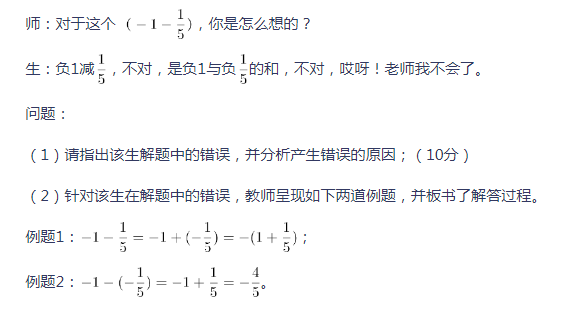当前位置:首页 → 职业资格 → 教师资格 → 中学英语学科知识与教学能力->Passage2Scientistshavebeensurp
Passage 2
Scientists have been surprised at how deeply culture--the language we speak, the values weabsorb--shapes the brain, and are rethinking findings derived from studies of Westerners. To takeone recent example, a region behind the forehead called the medial prefrontal cortex supposedlyrepresents the self: it is active when we ( "we" being the Americans in the study) think of our ownidentity and traits. But with Chinese volunteers, the results were strikingly different. The "me"circuit hummed not only when they thought whether a particular adjective described themselves, butalso when they considered whether it described their mother. The Westerners showed no suchoverlap between self and mom. Depending whether one lives in a culture that views the self asautonomous and unique or as connected to and part of a larger whole, this neural circuit takes onquite different functions.
"Cultural neuroscience," as this new field is called, is about discovering such differences. Someof the findings, as with the "me/mom" circuit, buttress longstanding notions of cultural differences.
For instance, it is a cultural cliche that Westerners focus on individual objects while East Asians payattention to context and background (another manifestation of the individualism-collectivism split).
Sure enough, when shown complex, busy scenes, Asian-Americans and non-Asian-Americansrecruited different brain regions. The Asians showed more activity in areas that processfigure-ground relations--holistic context--while the Americans showed more activity in regions thatrecognize objects.
Psychologist Nalini Ambady of Tufts found something similar when she and colleagues showeddrawings of people in a submissive pose (head down, shoulders hunched) or a dominant one (armscrossed, face forward) to Japanese and Americans. The brain′s dopamine-fueled reward circuitbecame most active at the sight of the stance--dominant for Americans, submissive for Japanese--that eac
推断题。文章首段第一句说“Scientists have been surprised at how deeply culture…shapesthebrain”。结合下文讲述的文化神经科学的研究,可推出大脑(神经)受不同文化的影响,故选B。C项本身表述正确.但不是推断出的内容,它可以从原文第二段第三句直接得出。
《义务教育数学课程标准(2011年版)》强调,课程内容要反映社会的需要、数学的特点,要符合学生的认知规律。课程内容的组织要重视过程,处理好()的关系。
设α是某一方程组的解向量,k为某一常数,则kα也为该方程组的解向量。( )

案例:
在有理数运算的课堂教学片段中,某学生的板演如下:

针对该学生的解答,教师进行了如下教学:
师:请仔细检查你的演算过程,看是否正确无误?
生:好像正确吧。

请分析例题1、例题2中每一步运算的依据。(10分)
初中数学课程是一门国家课程,其主要内容包括课程目标、教学内容、教学过程和( )等

教师职业道德区别于其他职业道德的显著标志就是( )。

对高中数学的评价,下列说法错误的是( )。
